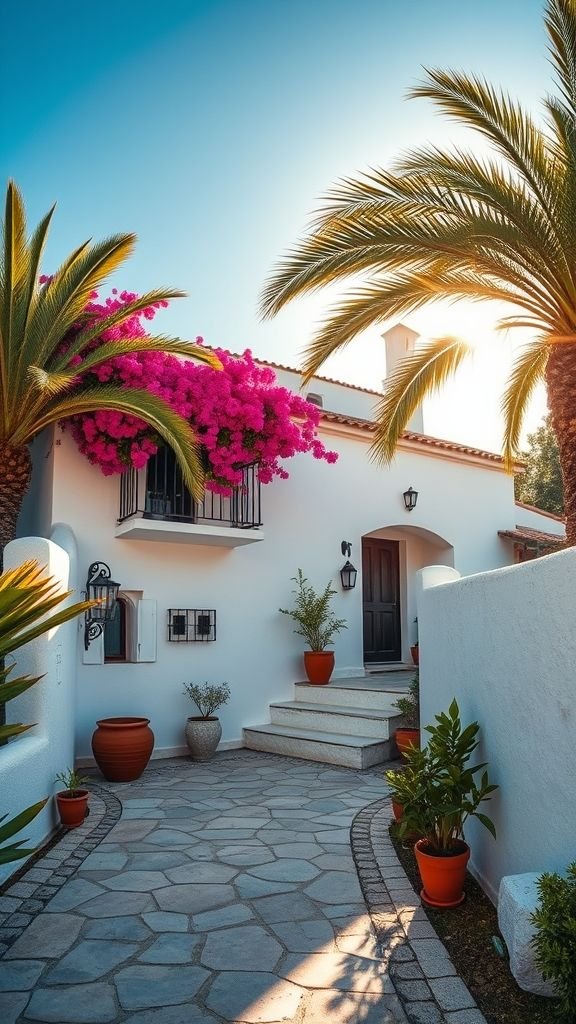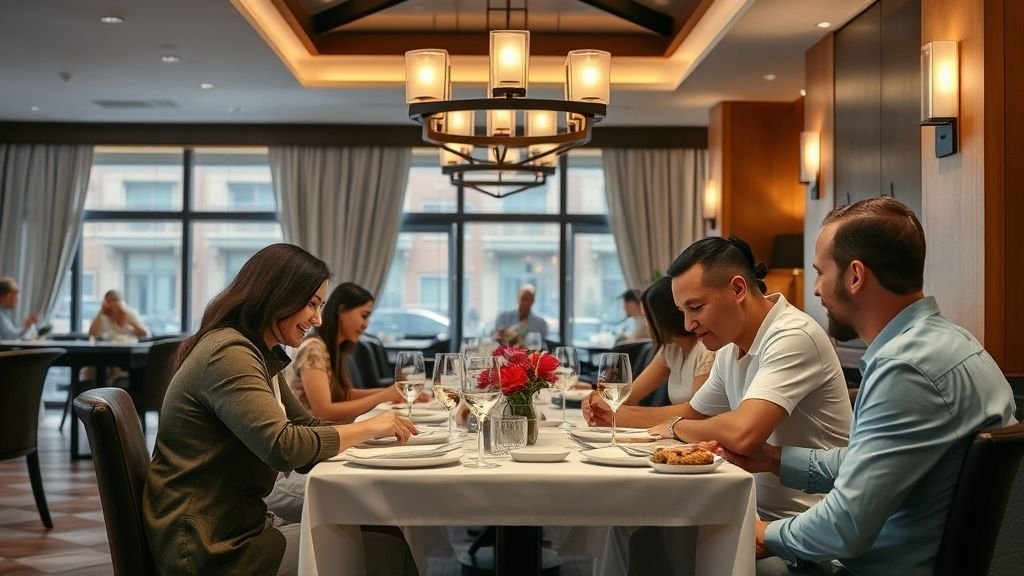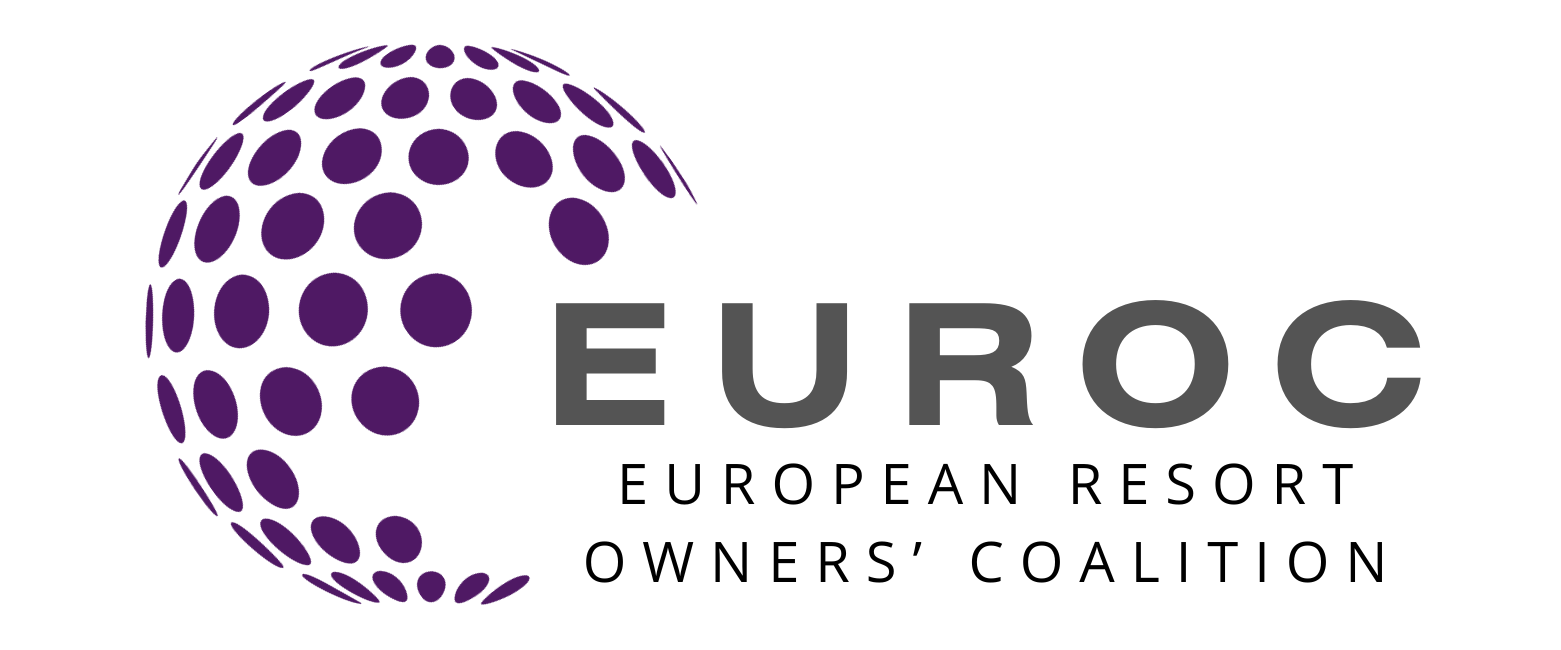Negli ultimi anni, il panorama europeo delle vacanze ha subito una trasformazione, con l'emergere delle sistemazioni con angolo cottura come preferenza dominante per i viaggiatori. Dalle ville costiere in Spagna ai cottage in campagna nel Regno Unito, la domanda di flessibilità, spazio ed economicità sta ridisegnando i viaggi di piacere, una tendenza amplificata dai cambiamenti dell'era pandemica e sostenuta dall'evoluzione delle priorità dei consumatori. Mentre il self-catering prospera, anche alcuni modelli di multiproprietà riformati vedono un rinnovato interesse, in particolare tra i demografi che apprezzano la certezza in tempi incerti. EUROC dà un rapido sguardo a questa storia emergente.
Impennata del self-catering: Il mercato del Regno Unito
Il settore del self-catering nel Regno Unito è cresciuto in modo significativo, trainato dal turismo interno. Secondo i dati di Visitare la Gran Bretagna, Nel 2021 i pernottamenti in self-catering hanno rappresentato 37% dei pernottamenti nazionali, e gli analisti del settore hanno notato un aumento sostenuto dopo la pandemia. Anche se i confronti precisi tra prima e dopo la pandemia sono limitati, regioni rurali come la Cornovaglia, la Scozia e il Lake District hanno registrato prenotazioni record, attribuite ai viaggiatori che privilegiano lo spazio e l'indipendenza.

A 2023 Gruppo Expedia sondaggio Il sondaggio conferma questo cambiamento, rivelando che 68% dei viaggiatori britannici apprezzano l'accesso alla cucina nelle strutture ricettive. Le indagini di settore evidenziano anche la "libertà di stabilire gli orari" e lo "spazio adatto alle famiglie" come motivazioni chiave. Anche le considerazioni di carattere finanziario giocano un ruolo importante: sebbene le specifiche richieste di risparmio giornaliero (35-45 sterline) manchino di fonti dirette, il self-catering è ampiamente riconosciuto come un'opzione economicamente vantaggiosa per le famiglie, soprattutto in un contesto di inflazione crescente.
L'evoluzione del self-catering in Spagna
La Spagna, tradizionalmente sinonimo di resort all-inclusive, ha visto crescere la domanda di soggiorni con angolo cottura. Turespaña (Istituto Spagnolo del Turismo) riporta un aumento delle prenotazioni di appartamenti rurali e urbani dal 2019, con regioni come le Isole Baleari e la Costa del Sol in testa alla tendenza. Dal punto di vista demografico, i pensionati e i visitatori di lungo corso optano sempre più spesso per le proprietà con angolo cottura, attratti dalla flessibilità di combinare la vita locale con vacanze prolungate. Anche il self-catering urbano sta prosperando. In città come Barcellona e Madrid, gli appartamenti di qualità superiore rivaleggiano con i tassi di occupazione degli hotel, riflettendo una tendenza più ampia rilevata nel sondaggio di Turismo Spagnolo del 2022, in cui 72% dei visitatori internazionali hanno citato come priorità il "vivere come un abitante del luogo".


Tendenze europee: La flessibilità guida la domanda
Il boom del self-catering si estende a tutta l'Europa:
Francia: I gîtes rurali hanno registrato una crescita sostanziale, che l'INSEE (Istituto Nazionale di Statistica) collega alla domanda di soggiorni isolati dopo la pandemia.
Italia: Il settore dell'agriturismo è cresciuto di circa 30% tra il 2019-2022, secondo l'associazione degli agricoltori Coldiretti, perché i viaggiatori cercano esperienze autentiche in fattoria.
Portogallo: La regione dell'Algarve ha registrato che le proprietà con angolo cottura comprendono 49% di prenotazioni di alloggi nel 2022, in aumento rispetto alle 37% del 2018 (Algarve Tourism Bureau).
Europa del Nord rispecchia questa tendenza. Gli affitti di cottage sulla costa danese hanno raggiunto una domanda estiva record nel 2023, mentre la costa adriatica della Croazia ha visto un aumento dei soggiorni in appartamento, anche se i dati ufficiali di crescita non sono ancora stati pubblicati.

Il settore alberghiero si adegua
Gli hotel stanno rispondendo combinando i servizi con la flessibilità del self-catering. Catene importanti come Accor e Marriott hanno ampliato le offerte in stile appartamento, con angolo cottura e servizi per soggiorni prolungati. Tuttavia, un sondaggio di Expedia Group del 2023 ha rilevato che 68% dei viaggiatori che hanno provato entrambe le opzioni hanno preferito le proprietà con angolo cottura dedicato per il loro spazio e la loro autenticità.

Conclusione
Il self-catering si è trasformato da un'opzione economica a una scelta mainstream, riflettendo i più ampi spostamenti della società verso l'autonomia, l'autenticità e il pragmatismo finanziario. Sebbene la crescita del settore sia innegabile, alcune statistiche citate nei rapporti di settore richiedono una cauta interpretazione. Quando si considera l'opzione della multiproprietà, le riforme normative e la flessibilità, compresi i contratti di durata inferiore a cinque anni, hanno ravvivato l'interesse, anche se la redditività a lungo termine dipende dai prezzi basati sul valore e dalla trasparenza.
Poiché i viaggiatori continuano a dare priorità al controllo delle loro esperienze, il settore ricettivo europeo continuerà a innovare, bilanciando l'indipendenza con il servizio e la tradizione con la modernità.
Un portavoce di EUROC ha commentato.
"Non sorprende che le vacanze in self-catering stiano guadagnando terreno in tutta Europa, come dimostrano le recenti statistiche. Di fronte alle pressioni economiche, i consumatori europei di oggi dimostrano un chiaro desiderio di mantenere le loro esperienze di vacanza, pur cercando soluzioni più attente al budget. L'attrattiva del self-catering risiede nella sua capacità di aumentare il numero di occupanti e nella libertà di cucinare da soli, utilizzando tutte le attrezzature della cucina. Le tendenze europee suggeriscono un continuo aumento della popolarità delle vacanze e degli alloggi con angolo cottura, rendendo la disponibilità nelle località preferite durante le stagioni di punta una sfida crescente per alcuni viaggiatori. I resort di proprietà condivisa credibili e rispettabili in Europa possono contribuire ad aiutare i consumatori ad affrontare questa sfida".





